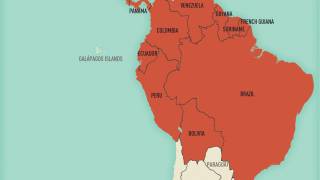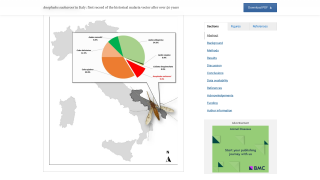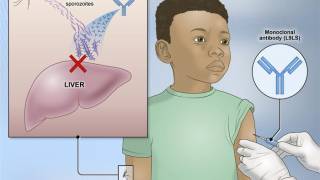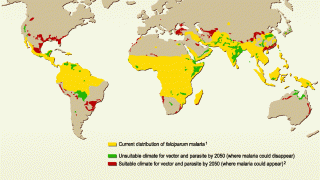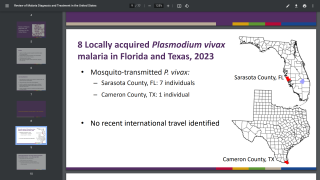Malaria Cases in the Americas Increased 71%
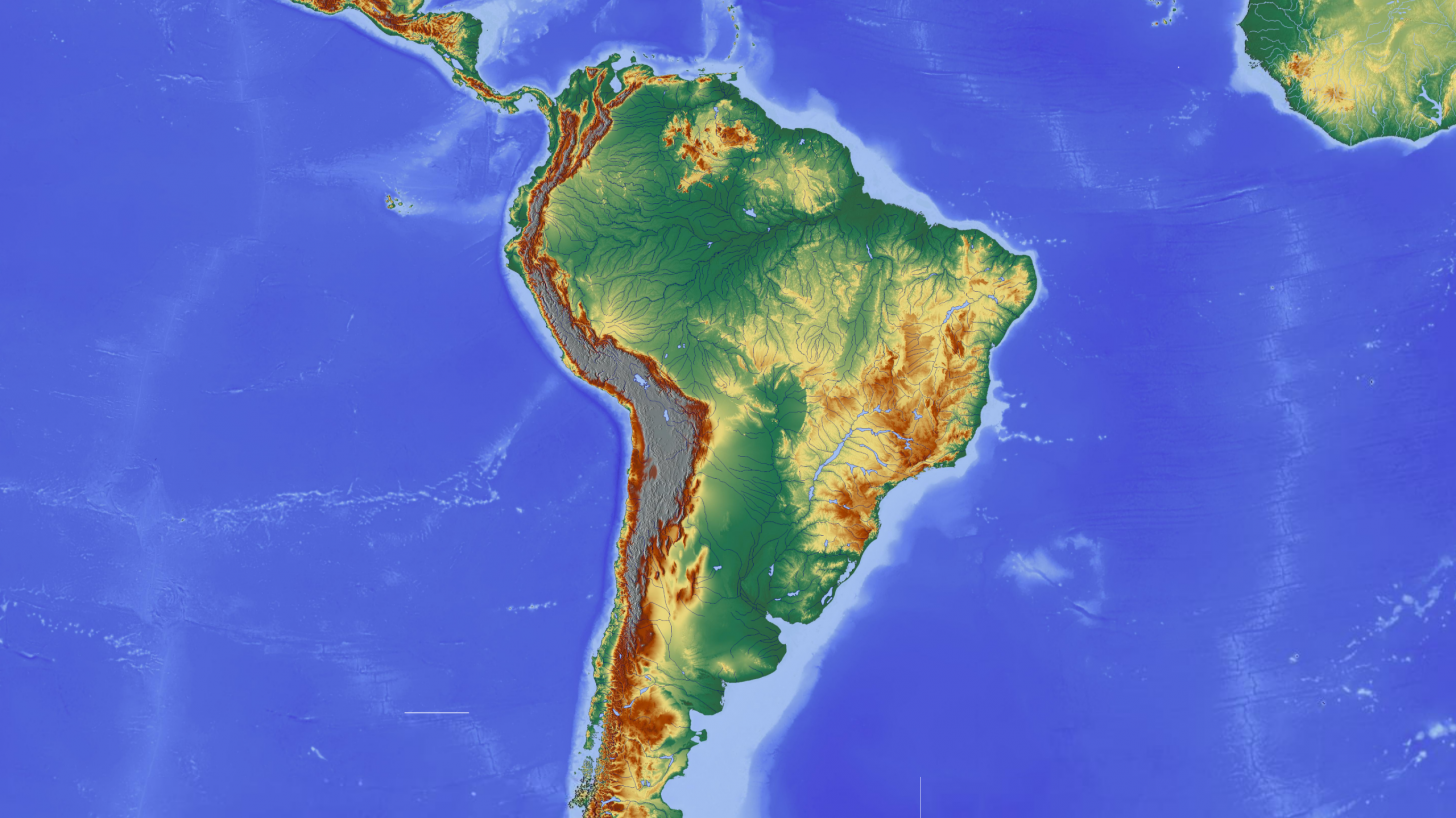
The Pan American Health Organization (PAHO) is urging countries in the Americas to take urgent action to halt the increase in confirmed malaria cases.
This PAHO statement said that ‘since 2015, malaria cases have increased by 71 percent in the Americas.’
This November 5, 2018, urgent request is important since malaria was a leading cause of death in almost every nation in the world, said the PAHO in a press release.
Malaria kills more than 400,000 people a year worldwide and causes illness in tens of millions more, with most deaths occurring among children.
And, millions of USA residents travel each year to countries where malaria is present.
Unfortunately, there is not an approved preventive malaria vaccine available today.
While several countries have almost eliminated this mosquito-transmitted tropical disease, the vast majority of the malaria cases are concentrated in just 4 countries.
The 2017 World Malaria Report notes that in the Americas, 12 of the 18 malaria-endemic countries are projected to reduce malaria case incidence by at least 40 percent by 2020.
But, this report says malaria cases increased in Nicaragua, Panama, Peru, and Venezuela between 2010–2016.
Moreover, Brazil and Venezuela accounted for over 60 percent of reported malaria cases in the Americas.
PAHO Director, Carissa F. Etienne warned that “we cannot rely or relax on the actions already taken. Efforts must be stepped-up where incidences of the disease have increased.”
In 2016, an estimated US $2.7 billion was invested in malaria control and elimination efforts globally by governments of malaria-endemic countries and international partners.
The USA was the largest source of malaria financing in 2016, providing US $1 billion (38%) of the funding.
The majority (74%) of investments in 2016 were spent in the African Region, followed by the regions of South-East Asia (7%), the Eastern Mediterranean and the Americas (each 6%), and the Western Pacific (4%).
In the Americas, malaria in humans is caused by protozoan parasites of the genus Plasmodium, with P. vivax accounting for the majority of malaria cases.
All species are transmitted by the bite of an infected female Anopheles mosquito.
About 1,700 cases of malaria are diagnosed in the United States annually, mostly in returned travelers, says the CDC.
Certain travelers have been shown to have a greater risk of malaria infection.
For example, short-term business travelers staying in air-conditioned hotels may be at lower risk than backpackers or adventure travelers.
Additionally, a malaria infection in pregnant women can increase the risk of adverse pregnancy outcomes, says the CDC.
"Throughout the first 2 decades of this new century we've seen over and over again how the re-emergence of infectious diseases has been linked to political instability and violence,” said Peter Hotez, M.D., Ph.D., Dean for the National School of Tropical Medicine at the Baylor College of Medicine.
“In the Western Hemisphere the most glaring example has been Venezuela, but there's every reason to believe that Central America could also become vulnerable," said Dr. Hotez, the author of a new book, ‘Vaccines Did Not Cause Rachel's Autism.’
If travel to a malarious area cannot be deferred, use of an effective chemoprophylaxis regimen is essential. Depending on the destination, this is usually either chloroquine or mefloquine.
Recently, during August 2018, the U.S. Food and Drug Administration (FDA) approved ARAKODA (tafenoquine) 100 mg tablets for oral use.
This is the first new medication for the prevention of malaria in adults in 18 years.
Separately, during August 2018, the malaria vaccine candidate RTS,S/AS01 (RTS,S) was reported to provide partial protection against malaria, in young children in a phase 3 study.
This vaccine candidate has been recommended by WHO for pilot introduction in selected areas of 3 African countries.
To prepare for an international trip, USA citizens can easily schedule a pre-trip malaria medication review from local pharmacies at Vax-Before-Travel.
Our Trust Standards: Medical Advisory Committee
- PAHO urges countries of the Americas to rid the continent of malaria
- Malaria in Brazil, Colombia, Peru and Venezuela: current challenges in malaria control and elimination
- Key points: World malaria report 2017
- Malaria and Travelers for U.S. Residents
- HIgh-Risk Travelers Need Pre-Trip Vaccinations
- ‘Disease Knows No Boundaries’ - USA Helping Venezuala Refugees
- Under-Vaccinations and Violence Surround Costa Rica













